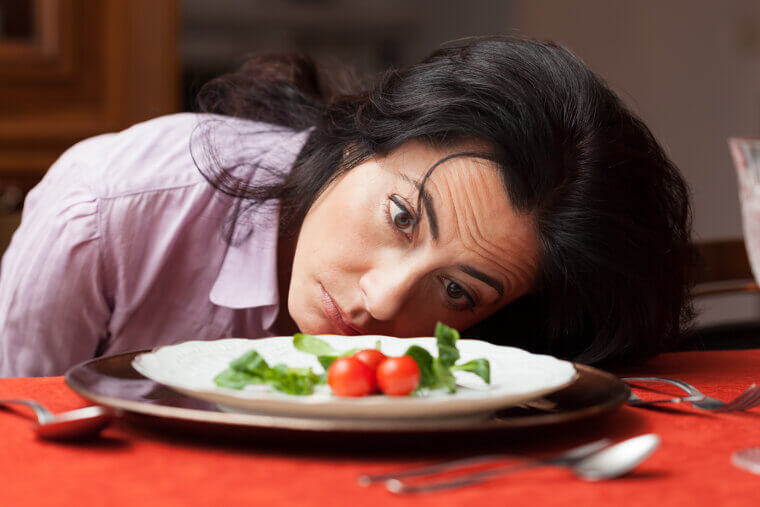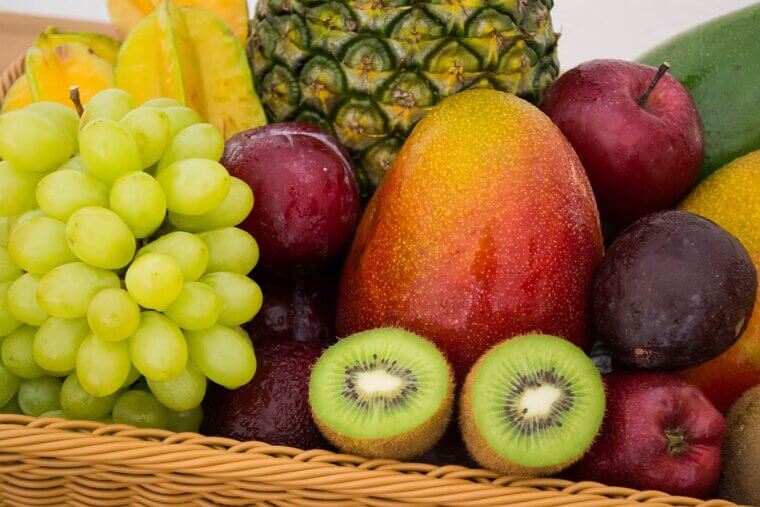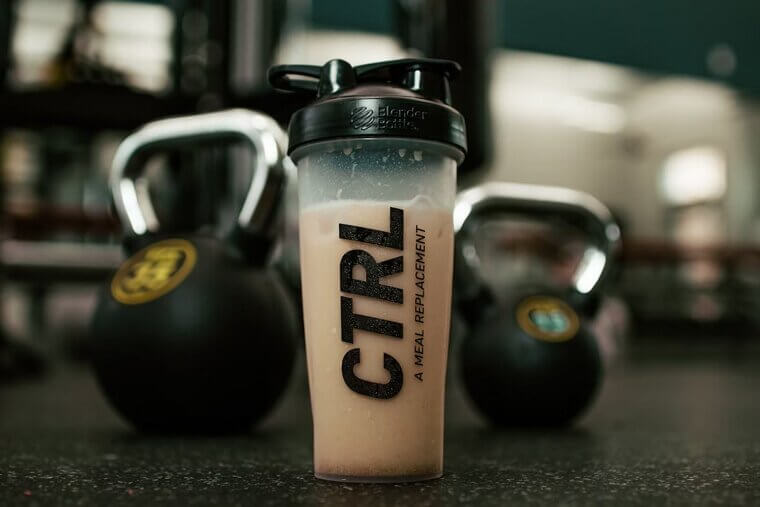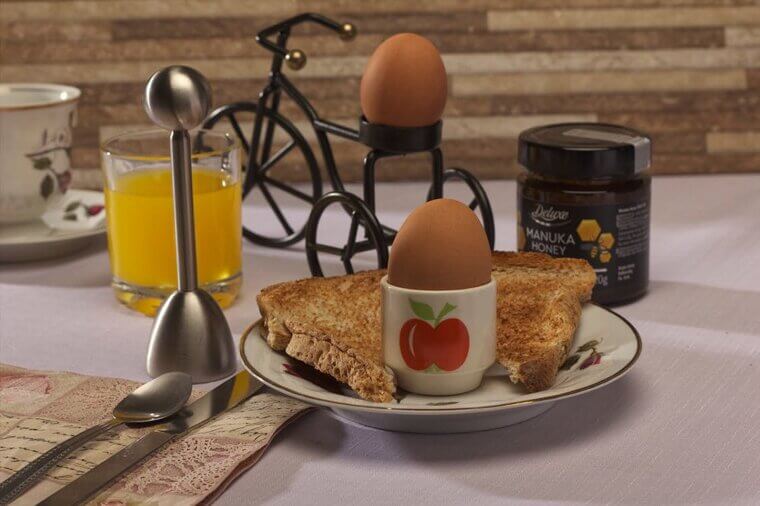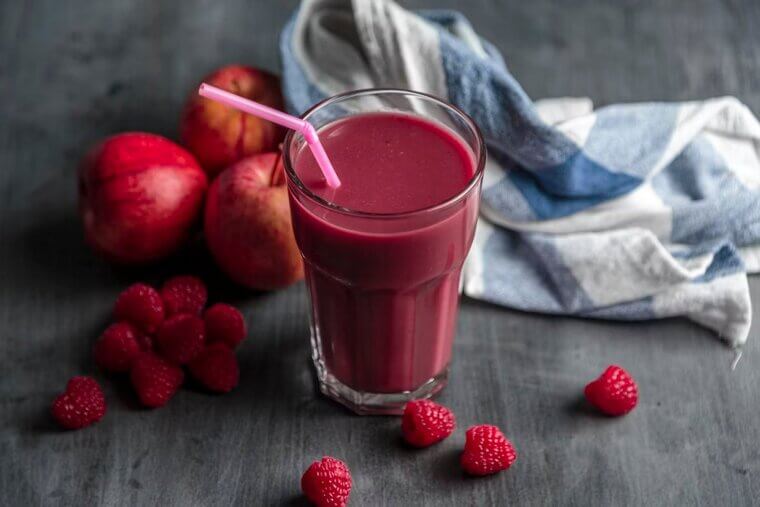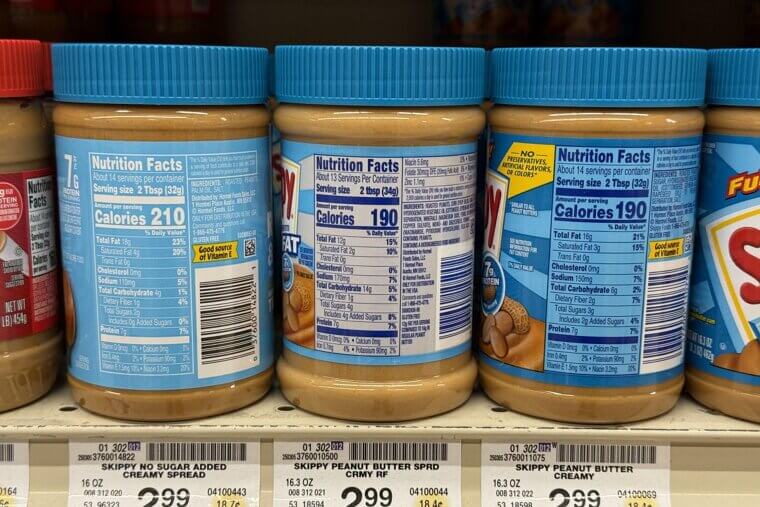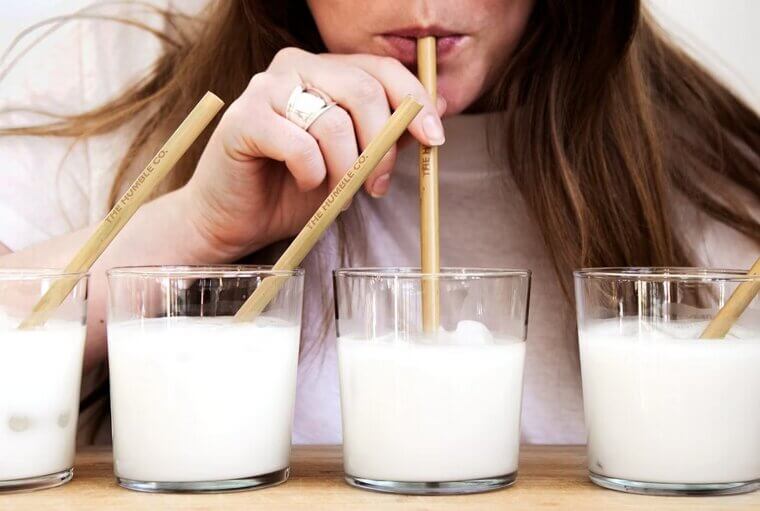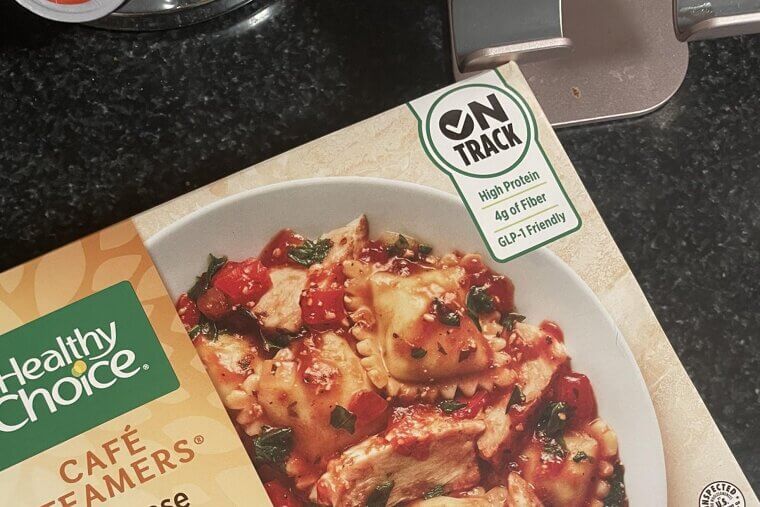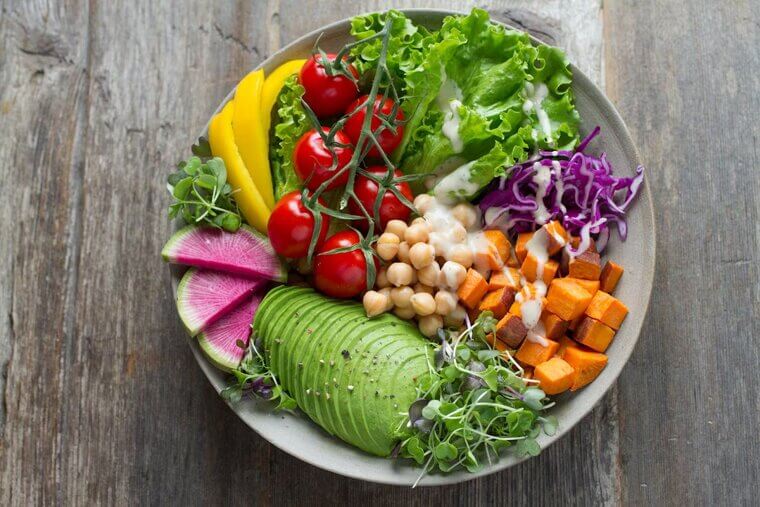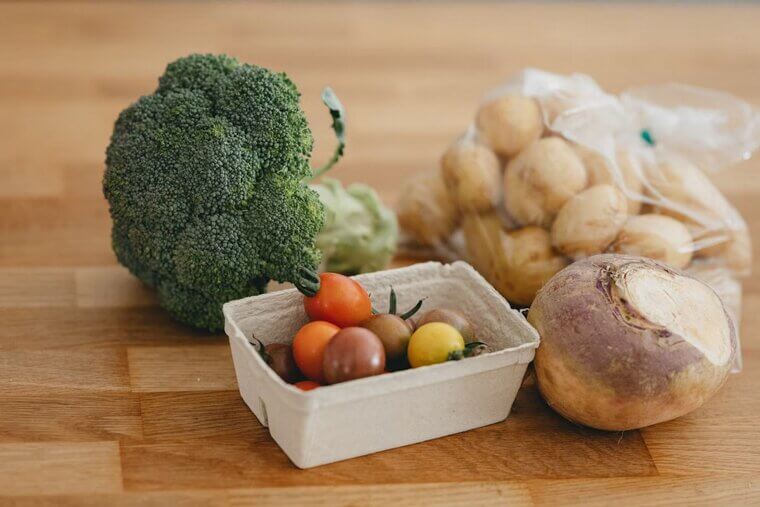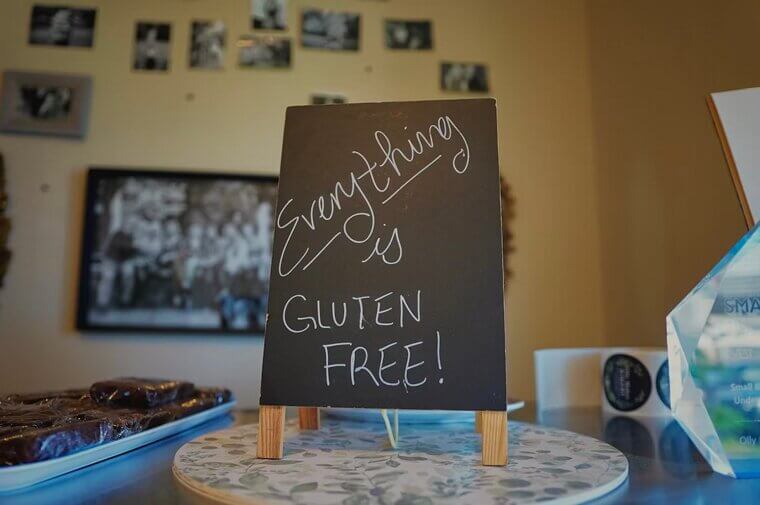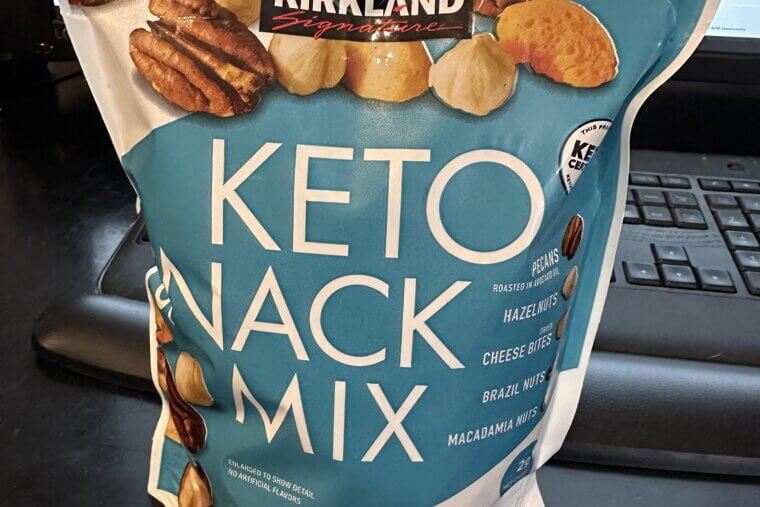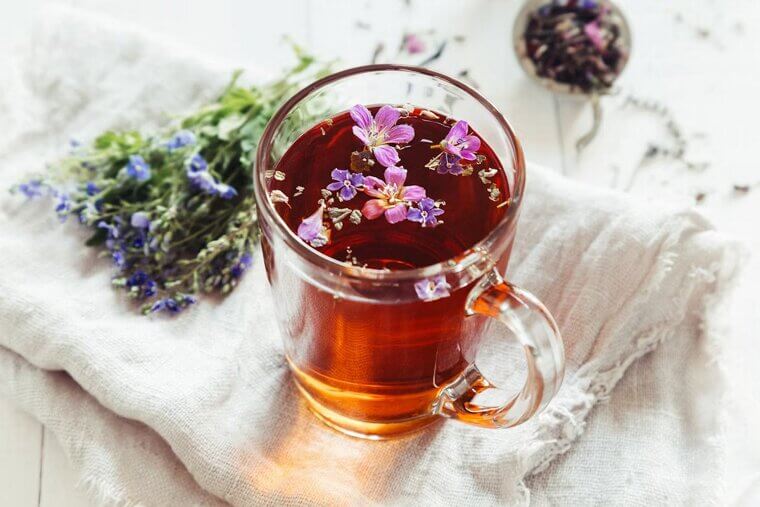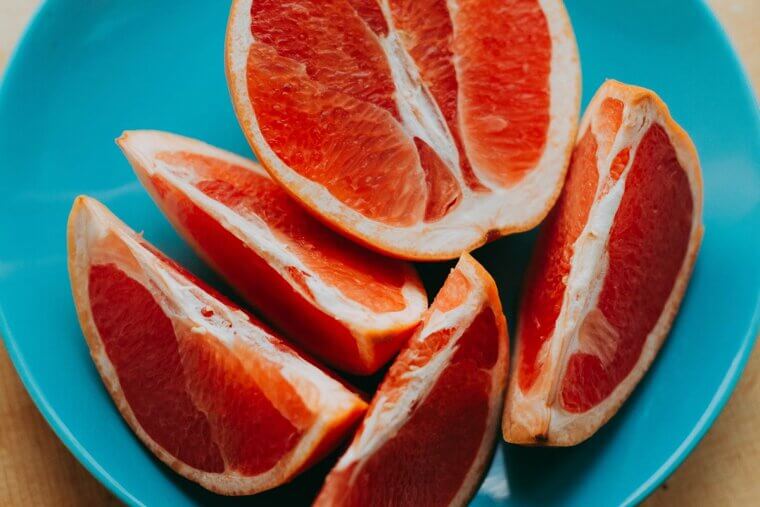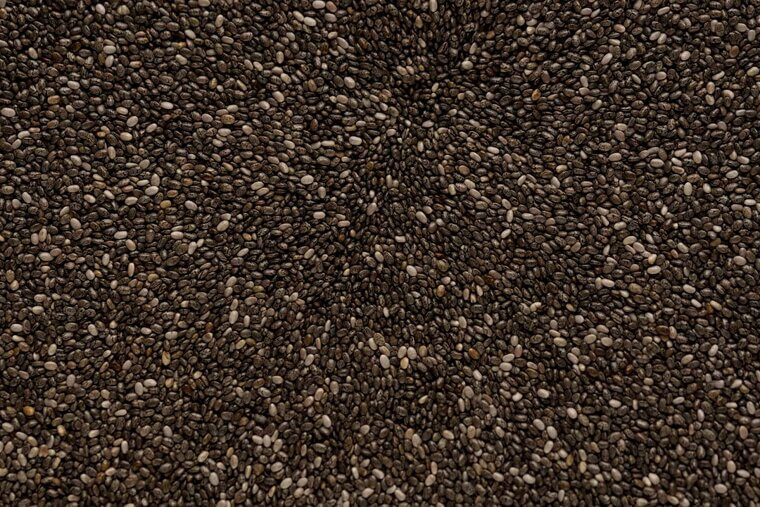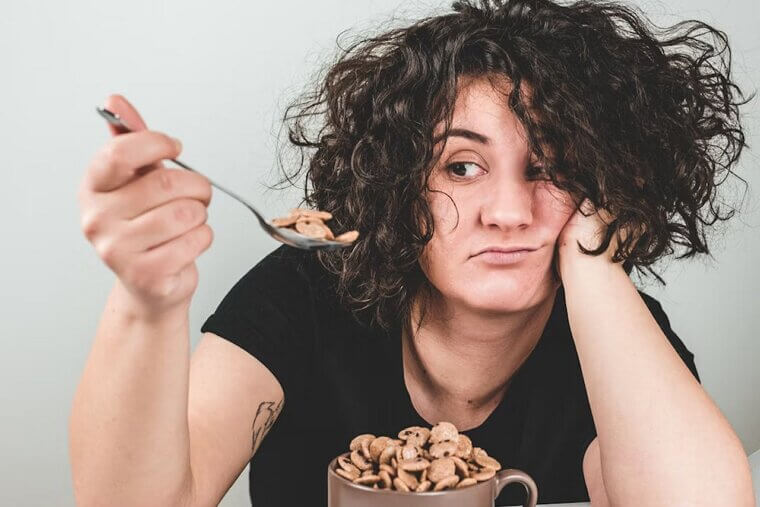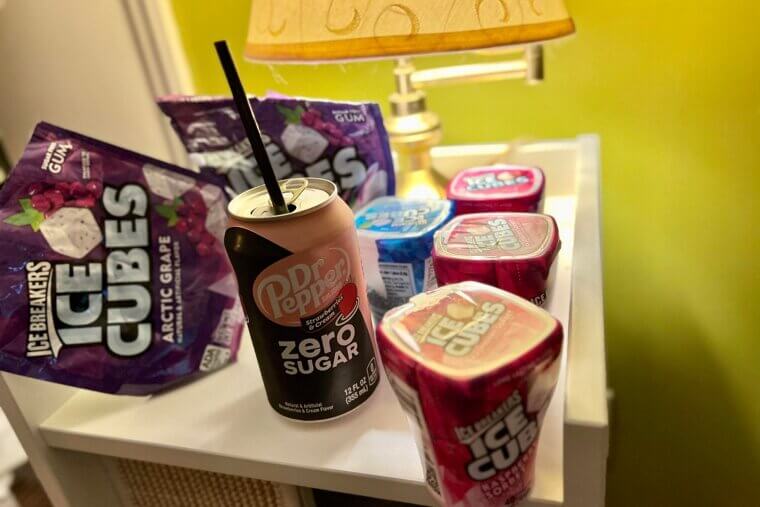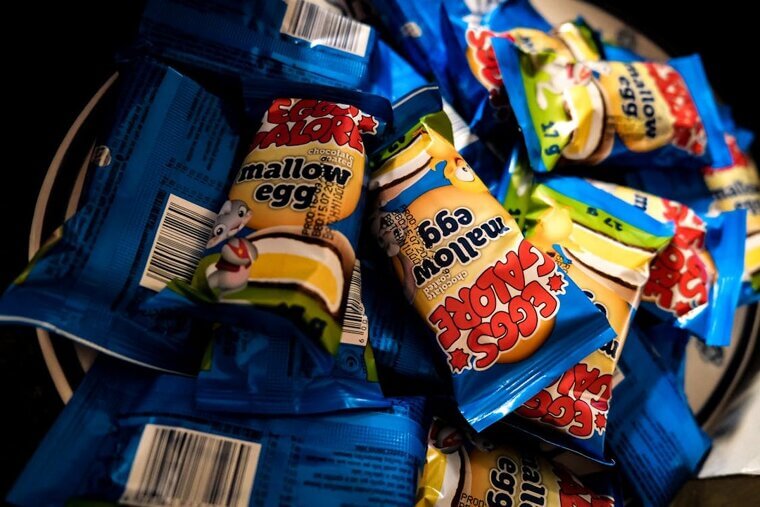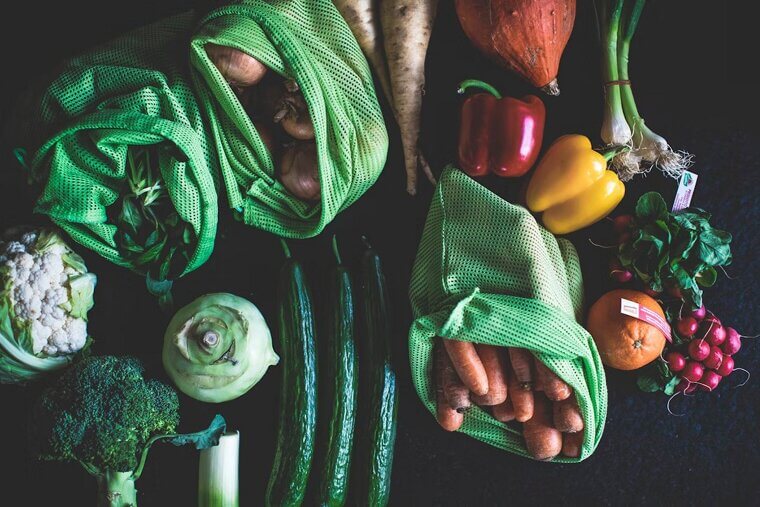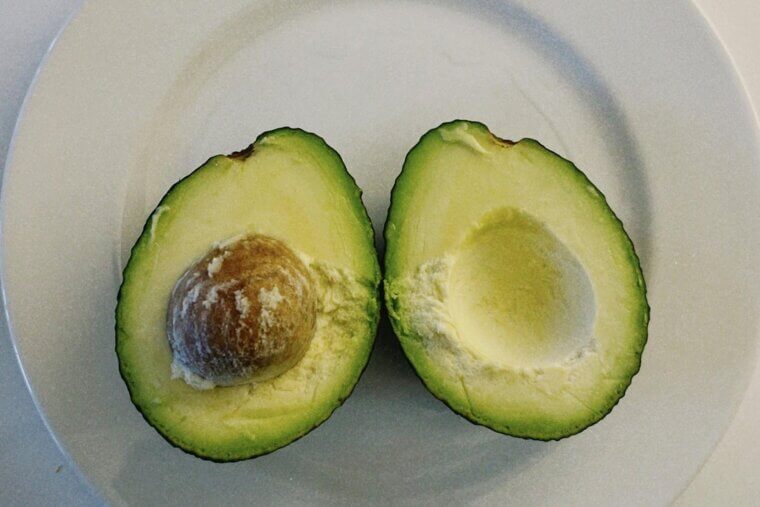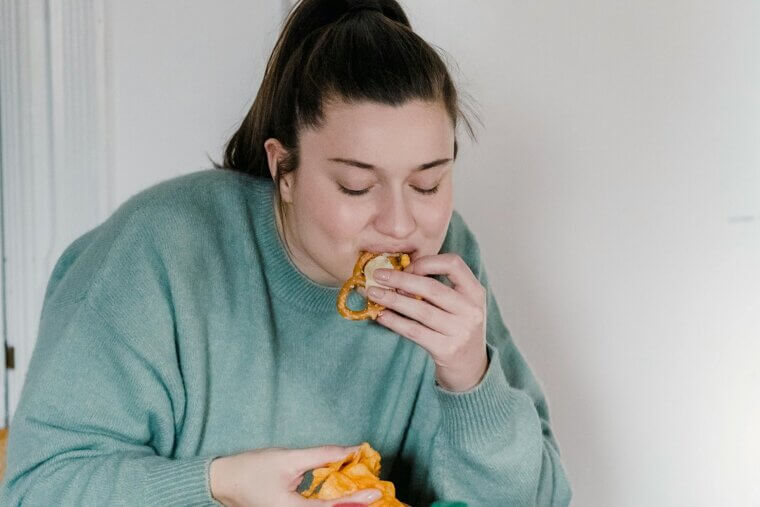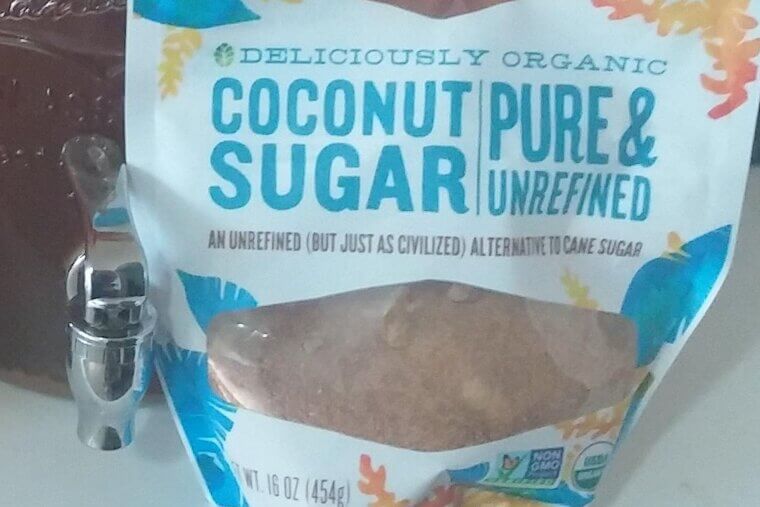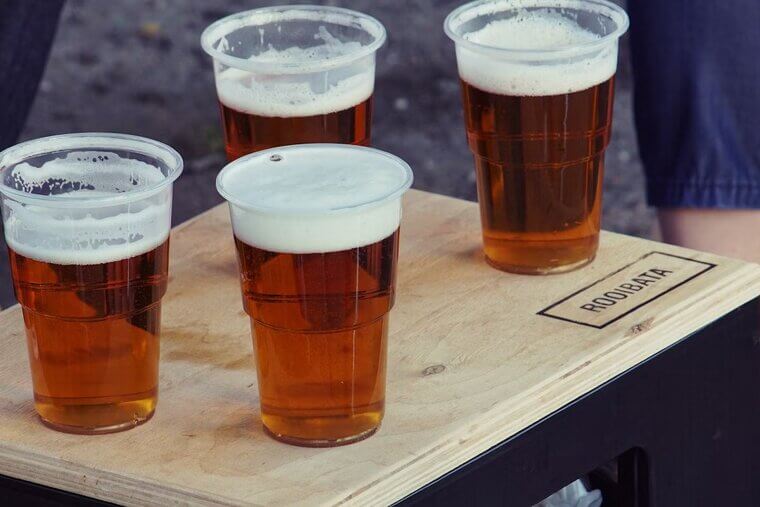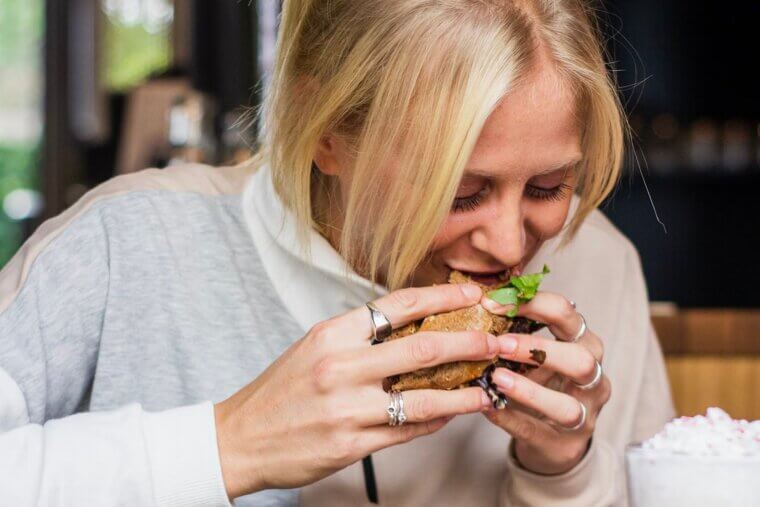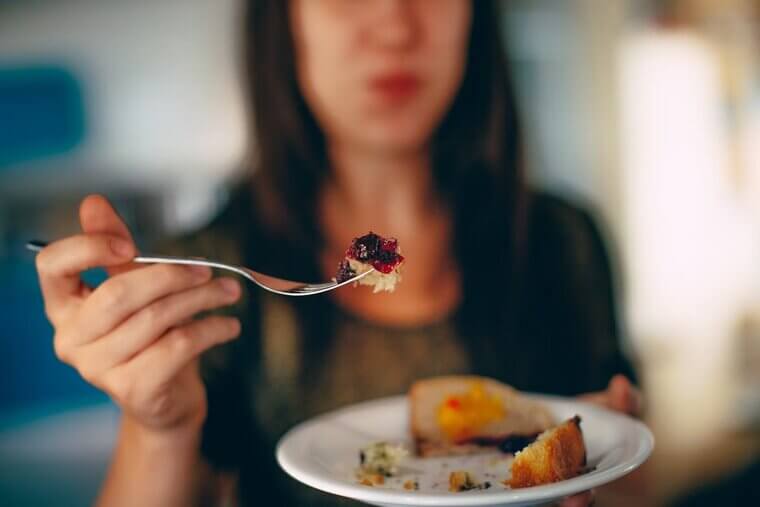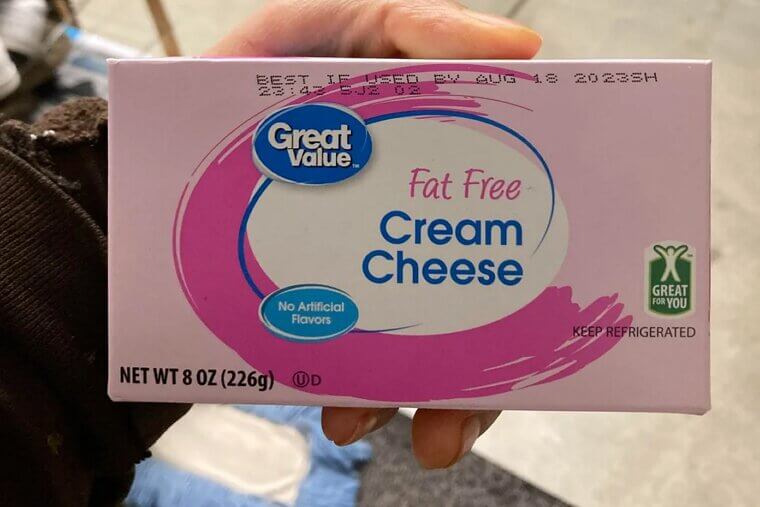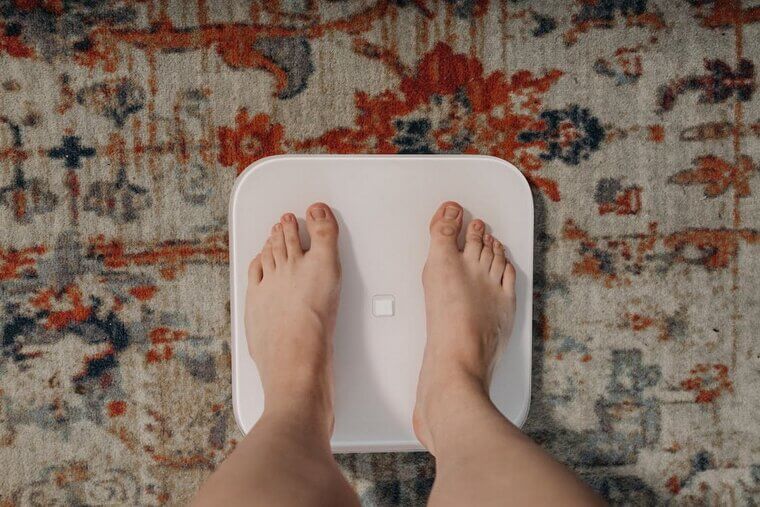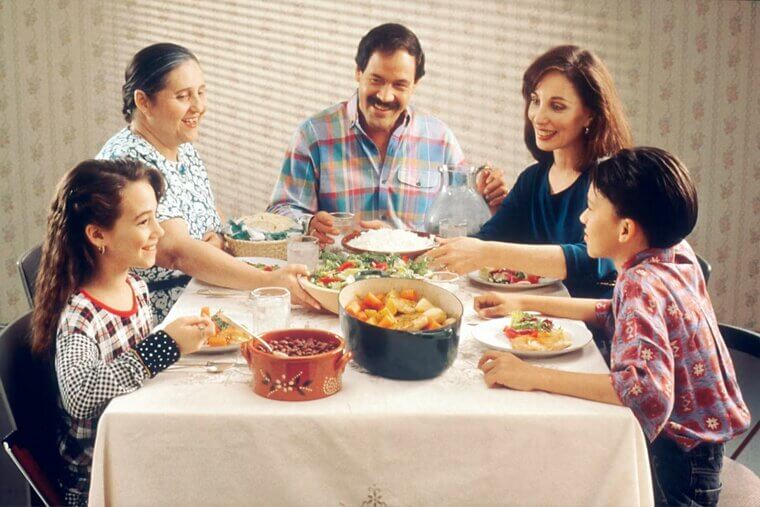Popular Diet Choices That Often Do More Harm Than Good
Going on a diet? Well, you certainly deserve praise for taking that step to improve your health and wellbeing. But bear in mind that not all dieting choices are actually going to do you any good. In fact, some may hurt you. Read on to find out what people regret when it comes to dieting.
Going No-Carb Cold Turkey
Cutting out all carbs might seem like a good idea for weight loss, but it usually backfires. You’ll likely feel drained, moody, and hungry all the time. Plus, carbs like fruits, vegetables, and whole grains actually fuel your brain and make you feel better. Don’t lose them.
Living off Protein Shakes
Living off protein shakes while dieting is, to put it mildly, a terrible idea. You miss out on fiber, vitamins, and the simple joy of chewing your food. Many people end up gaining weight when they switch back to solids because their appetite’s been out of whack for weeks.
Skipping Breakfast to “Save Calories”
They say that breakfast is the most important meal of the day, and they’re right. If you miss breakfast, you’ll probably be reaching for the snack food by noon, ruining your diet. Long-term, this habit can mess with your metabolism and even lead to weight gain.
Juicing Everything
Juice cleanses may be popular on social media, but living on liquid carrots and kale can leave you stressed and starving for nutrients. You’re leaving out the fiber and often gulping down way too much sugar. Many people gain the weight back (and then some) once they go back to normal eating.
Eating “Low-Fat” Everything
Remember when low-fat meant healthy? Not anymore. Turns out, stripping fat from food usually means loading it with sugar or additives to make it taste decent. Plus, healthy fats are essential for brain function and staying full. Many people who ditch all fat end up constantly hungry.
Cutting Out Entire Food Groups
Banning entire food groups - like dairy or grains - without a medical reason often does more harm than good. It can lead to cravings, stress, and a general bad feeling. Unless you have an allergy or intolerance, you should be getting as balanced a diet as possible.
Relying on Frozen Diet Meals
Those pre-packaged “healthy” frozen meals might be low in calories, but they’re usually high in sodium and low in actual nutrients. You’re not learning how to cook or balance your own meals, either. Diet experts will tell you to avoid frozen meals like the plague and they’re right.
Obsessing Over Calorie Counts
Counting every single calorie can make you exhausted and stressed. It takes the joy out of eating and can lead to guilt and anxiety – and yes, in some cases it can be the beginning of an eating disorder. If you feel like you’re obsessing too much over your diet, you should see a doctor and explain your concerns.
Drinking Diet Soda Daily
Swapping regular soda for diet might seem like a win… but it is most assuredly not. Some folks even end up gaining weight with it because diet soda triggers hunger and doesn’t fill you up. What you should do is cut out soda altogether, your body will thank you for it.
Going Vegan Overnight Without Planning
While plant-based diets can be healthy, jumping into veganism without doing your homework can lead to nutrient deficiencies as your body struggles to adjust. Many regret not easing into it and with some, it turns out their people can’t actually handle a vegan diet at all.
Doing Intermittent Fasting the Wrong Way
Intermittent fasting works for some, but many jump in without understanding how it works or even if it’s a good idea for them. Skipping meals then binging later often leaves people feeling sluggish and in some cases not very well.
Eating Only “Clean” Foods
This is another one that came about because of influencers on social media, and really it’s not a good idea to listen to only them when starting your diet journey. “Clean eating” means eating only organic or homemade food, and for some it becomes an obsession fast and affects their mental health.
Going Gluten-Free Without Needing To
Unless you have celiac or a diagnosed food sensitivity, going gluten-free often leads to more expensive, less nutritious replacements for it. Many gluten-free products are highly processed and low in fiber, exactly what you don’t need.
Loading Up on “Keto Snacks”
Keto-friendly snacks are everywhere now, but that doesn’t mean they’re healthy. Many are packed with artificial ingredients, unhealthy sugars, and calories that add up fast. People often regret falling for good advertising and using them too much during their diet.
Trusting Detox Teas and Pills
Detox teas and slimming pills promise they’ll make you thin, but most deliver dehydration, digestive distress, and regret instead. They’re not long-term solutions, and many contain laxatives that can mess with your system and really make you ill if you're not careful.
Cutting Calories Way Too Low
Slashing your calories to the bare minimum might yield quick results - but your body will hate it. Fatigue, hair loss, mood swings, and stalled metabolism are common side effects, and all those things can have bad effects on your mental health.
Following Fad Diets From Social Media
Just because an influencer swears by a diet doesn’t mean it works for everyone, and there are so many diets. Influencers keep popping up to try and get you to go carnivore-only or eat only grapefruit, that kind of thing. And usually, there’s no science behind the trend at all.
Relying on Cheat Days
Planning to eat “perfectly” all week just to binge on weekends usually backfires. It can lead to a cycle of guilt, overeating, and feeling like you’ve undone all your progress. Dieting is all about finding harmony and balance with what you eat, not counting down the days til your next binge.
Drinking Calories
Smoothies, lattes, juices, and coffees can sneak in way more sugar and calories than you expect. It’s easy to feel like you’re being healthy - until you realize that delicious shake has more sugar than a soda. Always check the label of the drinks you’re buying!
Overloading on “Superfoods”
Chia seeds, spirulina, goji berries - superfoods can be great additions to an already healthy diet, but they’re not magic. Some people go all-in on the latest “buzzword” food, expecting it to solve everything, and it very much doesn’t.
Eating the Same Thing Every Day
It’s easy to fall into the habit of eating the same “safe” meals over and over, especially when trying to stay healthy. But over time, this can lead to boredom and cravings that spiral into bingeing. Why not buy a cookbook and try to branch out?
Replacing Sugar With Artificial Sweeteners
Swapping sugar for artificial sweeteners sounds like a good idea until you realize what’s actually in artificial sweeteners. For many, they lead to digestive issues, weird cravings, and a taste for overly sweet things. Diet experts don’t like them and you shouldn’t either.
Swapping Meals for Snack Bars
Meal replacement bars might be convenient, but living off them is not a good idea at all. Many are packed with sugar or processed ingredients that spike your energy, then crash it. Have a real meal instead, it’ll make you feel better.
Going All-In on Raw Foods
Raw food diets are tough to sustain and can leave you low on things like B12 and iron. Many who tried raw-only eating regretted how cold and unsatisfying their meals suddenly became – it put them off eating altogether, and you don’t want that.
Trying to Be “Perfect” All the Time
The quest to eat clean, organic, sugar-free, gluten-free – you name it - often ends in burnout, which in turn leads to poor mental health. People often regret the all-or-nothing mindset, especially if they feel like they’re competing with ultra-thin and seemingly ultra-healthy influencers online.
Ignoring Portion Sizes of “Healthy” Foods
Nuts, avocado, olive oil - they’re healthy, but not calorie-free. It’s easy to overdo it when you think something’s “good for you.” People often regret mindlessly snacking on handfuls of trail mix or pouring half a bottle of dressing on their salad.
Going Dairy-Free Without a Real Reason
Unless you're lactose intolerant or allergic, ditching dairy can actually do more harm than good. It’s a key source of calcium, protein, and vitamin D. Many people cut it out after internet advice and regret it massively later.
Fasting After a “Bad” Meal
A lot of people try to “undo” a big meal by skipping the next one, but this usually turns into a cycle of overeating and guilt. Your body needs nourishment, not punishment. And again, this is something that can potentially lead to an eating disorder if you’re not careful.
Falling for the “Everything Natural Is Healthy” Myth
Just because something’s labeled natural doesn’t mean it’s good for you. Coconut sugar and agave nectar are advertised as natural but they’re still packed with sugar. People go to town on them and wonder why they feel bad afterwards.
Drinking Too Much Alcohol
Some diets say you can still enjoy wine or cocktails in moderation - but moderation adds up quickly. Alcohol messes with sleep, metabolism, and of course it famously affects your liver. If you’re trying to eat healthier, it’s recommended you just quit drinking.
Following the Same Plan as a Friend
What works for your best friend might not work for you. Maybe they lost weight going low-carb or doing juice cleanses, but that doesn’t mean your body will respond the same. Many people regret copying someone else’s plan instead of following their own.
Ignoring Hunger Signals
Some diets teach you to “push through” hunger, but that really doesn’t work for most people. Ignoring your body’s natural cues can mess with your metabolism and lead to overeating later – the last thing you want.
Demonizing All Fats
For years, fat was the enemy - people skipped it completely and filled up on sugar and carbs instead. But fat is essential for brain function, hormone health, and feeling full. Leave it out of your diet and you’ll soon start to feel the effects.
Letting the Scale Dictate Every Food Choice
When the number on the scale becomes the only thing that matters, eating turns into a stressful, joyless experience. People skip meals or avoid certain foods, desperate to have the number go down, and this is terrible for mental health.
Letting Diet Culture Steal the Joy of Eating
Eating is supposed to be an experience that boosts joy and community. Dieting the wrong way can take all that away. Make sure you’re still actually getting enjoyment out of food and eating things you like while dieting.
